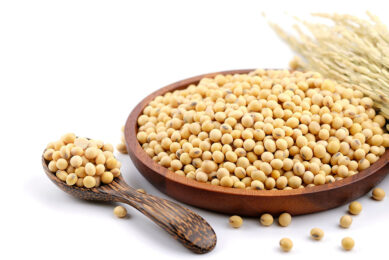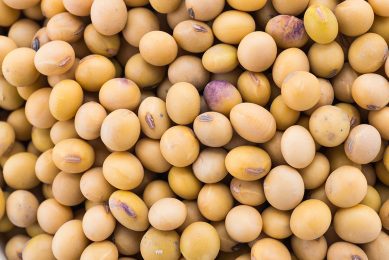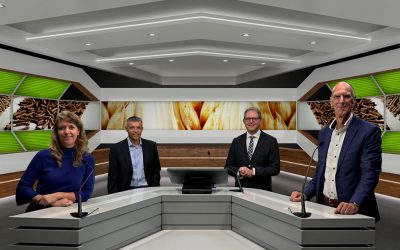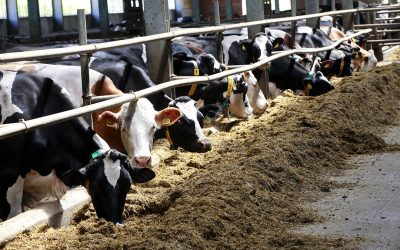Dutch aim for 100% sustainable soy in 4 years
Dutch companies in the soy industry are pooling their resources to transfer completely over to 100% sustainable soy within the next four years. The sum of seven million euro has been allocated to effectuate the transfer.
The participating companies announced the initiative at the kick off of the IDH International Supply Management Congress at the RAI in Amsterdam. “A watershed moment in sustainable trade,” according to Joost Oorthuizen, executive director of IDH, the Sustainable Trade Initiative.
The participating organizations are Nevedi (the Dutch Feed Industry Association, IDH (Initiative for Sustainable Trade), dairy coop FrieslandCampina and other members of the Dutch Dairy Association (NZO), the Dutch Meat Association (COV), retailers Albert Heijn, C1000, Jumbo, Lidl, and Superunie representing as central retailer 13 supermarket chains, the Dutch Federation of Agriculture and Horticulture LTO Nederland, the Product Board for Poultry and Eggs (PPE) and the Product Board for Margarine, Fats and Oils (MVO). The plan is further supported by the World Wide Fund for Nature (WWF), Dutch Nature & Environment and Solidaridad.
Ahead of the pack
Last summer the Netherlands announced the ambition of becoming an international leader in the use of sustainably cultivated soy. That is, soy grown according to the principles taken up in the Round Table on Responsible Soy (RTRS).
The aim of the parties involved will be to have completely switched over to sustainable soy by 2015, and will work in concert to achieve this up to and through 2014.
The participants intend to buy increasingly larger volumes of sustainably produced soy: 500,000 tons in 2012; 1,000,000 tons in 2013 and 1,500,000 tons in 2014.
Cost breakdown
Making the branch sustainable will cost an estimated 7 million euros, half of which will be met by the sector.
IDH will make up the difference for effecting the transition. “The money shall be used to support growers in South America to making the changes necessary in order to qualify for the RTRS certification.
“Further funds will go to helping those involved in the supply chain towards making the RTRS possible. RTRS-soy will guarantee that no valuable nature is destroyed in cultivating soy,” Oorthuizen said.
Transition
The main effort during the transition period will be to buy sustainable soy according to the so-called mass balance model.
Concurrently, RTRS-certificates will be acquired to stimulate growers to participate in the later stages of the supply chain. The parties involved plan to set up a foundation to lead and direct the transition.
“Ultimately, the criteria for sustainable soy has to become the generic standard, only then can we make the transition to 100% sustainable soy,” Henk Flipsen, director of Nevedi, said.











